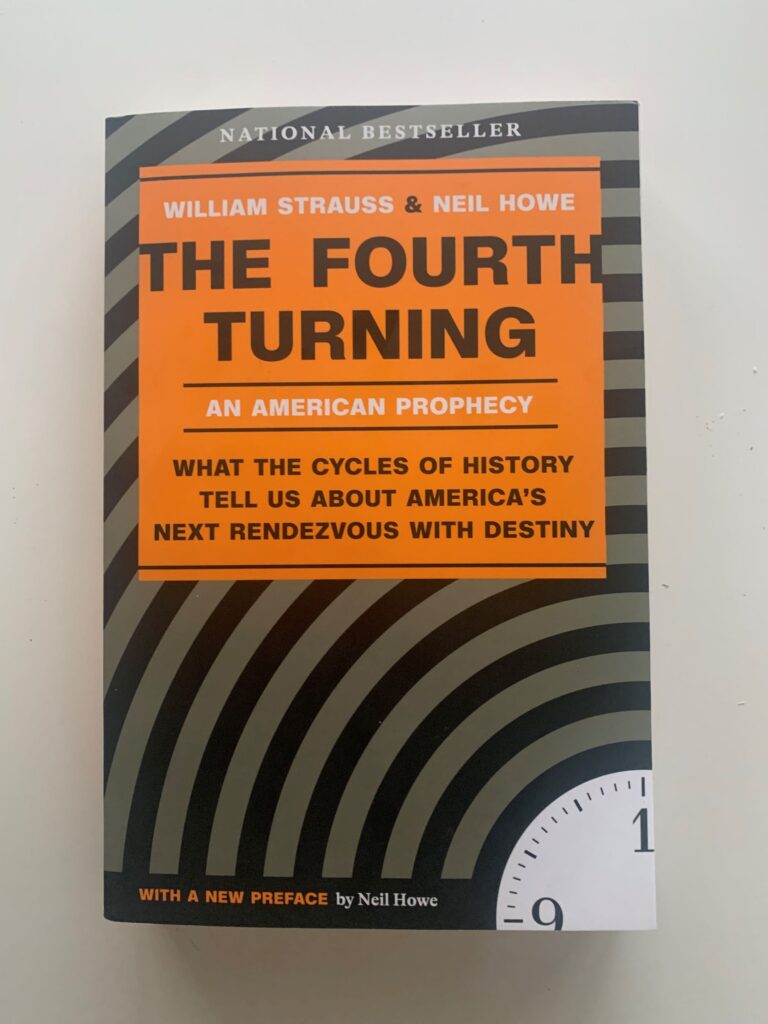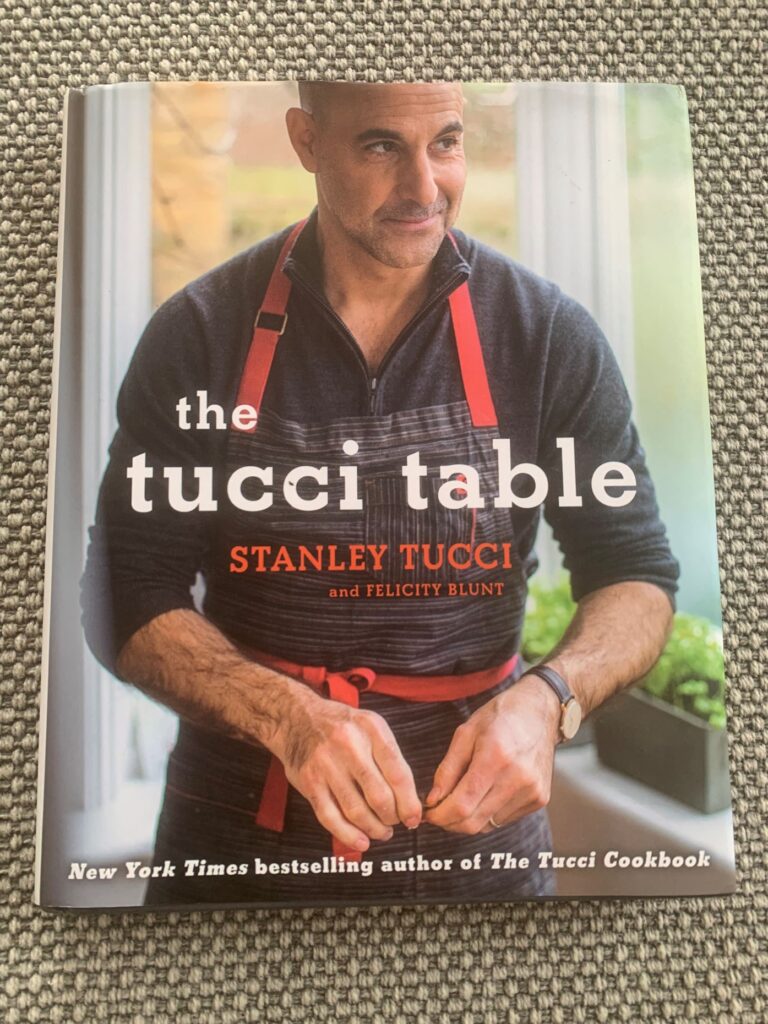This is the last chapter and a very short one at that. With that, I would say that this is all about re-enforcing the totality of the theory. Remember the end of the Mayan Calendar 2012? Remember that there was a component of nut jobs saying that it was going to be the end of the world because that is what the Mayan’s predicted?
What everybody misunderstood was that it was not the end of the world, but the end of the saeculum, however they calculated it. Some people might have next year’s calendar hanging up but there are not many that have the next five hundred years. The Mayan calendar was this. There was no reason to plan beyond what is theoretically in focus.
Indigenous people inherently understood the circular nature of time. Whether it was the Anastazi rock drawings or Mayan calendar time is always measured in circles. I mean the clock is actually circular as well as the seasons and so is the earth. I am not sure how we actually lost track of this idea of beginning, end and begin again when it is so natural.

I have become more aware of native thinking since I have been watching Life Below Zero: First Alaskans. I have heard enough repetitive language that I am almost sure some of the dialog is coached. I don’t think that it makes it untrue. There is an extreme amount reverence for their elders and ancestors. But it also emphasizes the roles people are to play based on the position in life.
These are some of the most hardcore people I have ever seen in my life. They heat their homes with wood and there is not a tree on the island. That means that every bit of wood that they burn has to be found on the beach and drug back to their homes. Not only do they do that for themselves but also for the the people that cannot do the work themselves.
When an animal is killed, the head is removed and placed in alignment to where the animal was going. This is to ensure that they continue their journey into the afterlife. This reverence for life is not just spiritualism but this belief that the Hindus would call karma. It is the right thing to do because they believe in circular time. Do right now so that things will continue to go right in the future.
It is not like the show is some kind of documentary, but the lesson that we can take to heart is that we take from the land to survive. We must not take too much, not just for our future survival but also for all the generations that proceed us. If we manage to be successful for long enough, at some point we will return to the earth. That is circular thinking.
Be it country or kingdom or dynasty or empire, at some point it will end. It has too. The fourth turning could be the end of the world or America, a degraded country or a regeneration. The next conflict has the capability of ending life as we know it. Will it? Hopefully not but it is hard to say. One thing is for sure is that if we want the future to be as good as possible, it requires us to be proactive today. We can just hope that it is enough.
End Your Programming Routine: Next week will be my final reckoning for The Fourth Turning. No spoilers here today. The book ends with the bible scripture Ecclesiastes 3:1-8 (NIV). While it seems like a little bit of a rip-off to end my work with the exact same quote that the book does, I want to re-emphasize that Christianity is also circular even if the ‘church’ is not. We are still waiting for the prophecy of Revelations and the next coming. By no coincidence, this will be the subject of my next Friday series.
1 There is a time for everything,
and a season for every activity under the heavens: 2 a time to be born and a time to die,
a time to plant and a time to uproot,
3 a time to kill and a time to heal,
a time to tear down and a time to build,
4 a time to weep and a time to laugh,
a time to mourn and a time to dance,
5 a time to scatter stones and a time to gather them,
a time to embrace and a time to refrain from embracing,
6 a time to search and a time to give up,
a time to keep and a time to throw away,
7 a time to tear and a time to mend,
a time to be silent and a time to speak,
8 a time to love and a time to hate,
a time for war and a time for peace.


Recent Comments